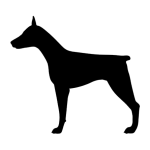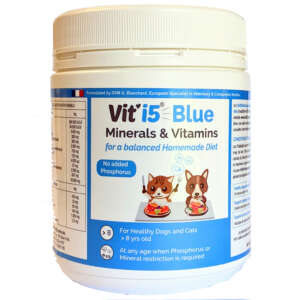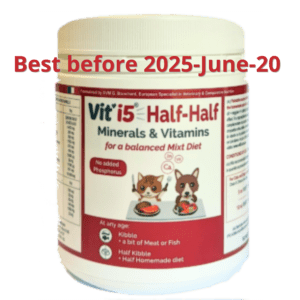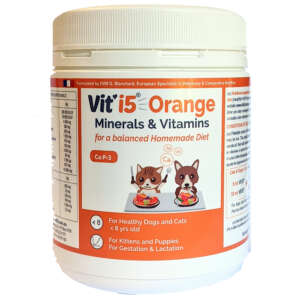Recipes for a dog


Home prepared recipes for healthy dogs
A dog must be fed to cover its nutrition requirements, which depends on multiple individual factors : its optimal body weight and condition, but also its age (growing or adult at maintenance or reproduction, or senior), neutered or not, its lifestyle and activity…
A few Typical Home Made Diet Recipes for a dog are proposed here for common situations.
If you want recipes with other ingredients, visit our offer of Tailored Recipes
Typical Home Made Diet Recipes for various situations
SELECT the closest to your dog’s condition (if your dog exact adult weight is not in the listed category, please to the section below “ADJUSTMENTS ACCORDING TO THE DOG’S WEIGHT”).
Important: if your dog is not healthy, please contact your vet or vetnutritiongroup.com.au for special recipes.
Pick the right recipe for the right dog
ADULT OPTIMAL WEIGHT
 5KG DOG
5KG DOG
 15KG DOG
15KG DOG
 30KG DOG
30KG DOG
still a
PUPPY
(intact)
once an
ADULT
(intact)
already
SENIOR
(intact)
My dog is not exactly 5 or 15 or 30 kg…
What shall I do?
Your dog’s grown up optimal weight is 7.5kg…
Use the recipe for the format above, in this case the 15kg dog, for the same status as your dog (growing/adult/senior, neutered or not) but give less (7.5kg is about half 15kg, so start with giving half of the recipe indicated for the 15kg dog).
After 1 week, weight your dog on a scale (always at the same time of the day, like in the morning after a walk and before breaffast), and adjust depending on the situation
1• Its weight is optimal and steady (still 7.5kg)… Then, keep the same amount of food…Check the body weight again in 2-week time.
2• If your dog has lost some weight and did not need to, increase the total amount by 10%. (in order to keep the same proportions of each ingredient, only multiply by 1.1 the amount of each ingredient you were giving daily for the last week). Then, check the body weight again in 1 week time, and adjust again if necessary.
3• If you dog has gained some weight and does not need to, decrease the total amount by 10% (in order to keep the same proportions of each ingredient, only multiply by 0.9 the amount of each ingredient you were giving daily for the last week). Then, check the body weight again in 1-week time, and adjust again if necessary.
Weight your dog every week until you find the best amount to maintain the optimal weight steady.
Warning
changing any ingredient for another may affect the overall composition and balance: for instance, for the same amount, providing a fatter meat/fish will bring more calories (energy) and may increase body weight, different vegetables may bring different amount of calories (energy) too.
If your pet is a bit overweight, provide the diet adapted to its optimal bodyweight, not the actual bodyweight. and reduce the amount of carbohydrates (rice, potato…).
Once the optimal weight is reached, increase a little the amount of carbohydrates (rice, potato…).
Weight your dog after 1 week, and adjust as previously explained until finding the best amount.
We recommend to decrease only carbs, as they provide energy only, and not any other essential nutrient. Suppressing another ingredient such as meat, vit’i5, veggies or oil may decrease the calorie (energy) intake, and decrease body weight, but the diet may be unbalanced, which may impair long term health.
For more precise information, please contact your vet or a vet nutritionist.
























